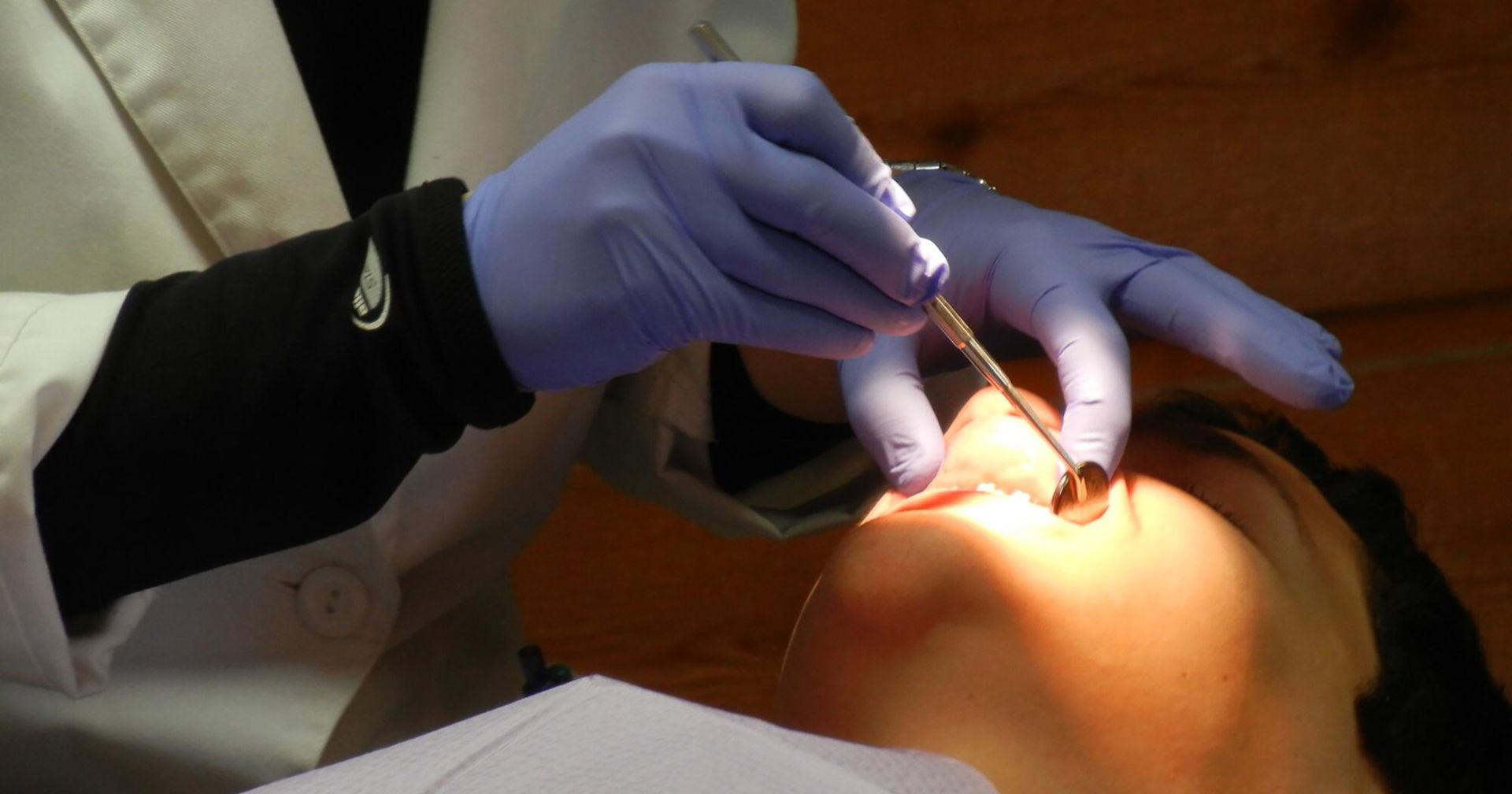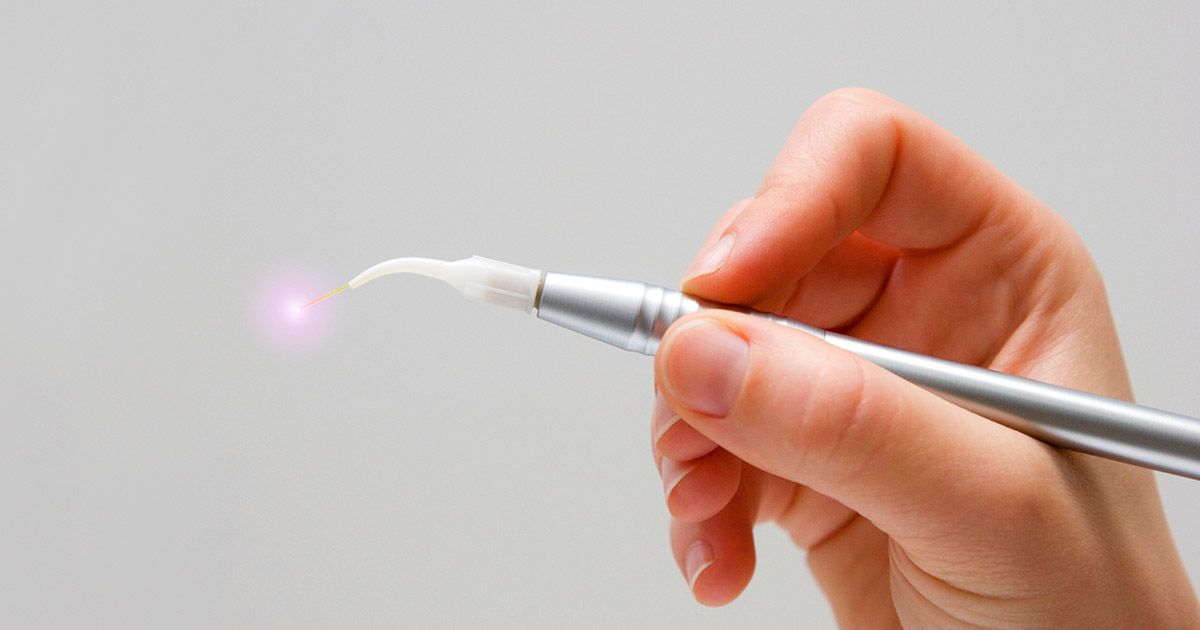What are the signs of dental implant failure? We listed the signs you should watch out for after getting dental implants.
Getting a dental implant is a major procedure that you ought to carefully think about. This is because these procedures involve your teeth and mouth, which is a delicate part of your body.
There are so many things that can go wrong during a dental implant procedure if it’s not handled by an experienced trained professional.
Dental implant failure can occur during the first stages after the procedure, or they can turn out to be a long term failure.
What are the signs of dental implant failure? We listed the signs you should watch out for after getting dental implants.
1. Severe Pain and Discomfort
You may experience some pain during the healing process. However, pain can be a sign of dental implant failure.
How can you tell the difference between the two types of pain?
During the healing process, you will experience the pain for the first few days. The pain is not as intense, and it can be controlled using some painkillers prescribed by the doctor.
In case of a dental implant failure, you will experience excruciating pain and discomfort that comes in the form of throbbing waves. This pain occurs long after the procedure.
If you experience such, it’s advisable you visit your dentist for a checkup before it’s too late.
2. Gum Recession around the Implant
Two major reasons that cause gum recession around the implant include, poorly positioned implants and inadequate gum and bone tissue to hold the implant.
How can you tell you have gum recession around your implant?
Well, the first sign will be an abnormally long implant crown. This is followed by painful inflammation around the implant.
To prevent this, your surgeon should place the implant in the correct position. Angulation is also a crucial part of this procedure, which should be done using digital dental implant diagnostics and planning.
Besides, ensure that you have healthy gums and bone tissue by maintaining a healthy diet and oral hygiene .
3. Difficulty While Chewing and Biting
Are you’re having a hard time chewing or biting food? This can be a sign of dental implant failure.
At no given time should you experience any abnormality while eating or talking or biting down substances.
Implants are made to function and feel like natural teeth.
Any pain associated with a dental implant is not a good sign. It’s just similar to experiencing pain while chewing with a tooth cavity.
4. Shifting and Loose Implant
If your dental implant is done correctly, you wouldn’t even be conscious of having an implant. It should never, at any given time, feel like a foreign object in your mouth.
If the implant is not properly seated on your gums, you will feel it wobble when you talk, eat, or touch it. This is the easiest sign to spot an implant failure.
In case you discover a shifting and loose dental implant, set up a consultation with your dentist immediately.
If the loose implant is left unattended, it could interfere with the look of your smile or cause severe damage to your gums and jaw bone.
5. Swollen Gums
Minor swelling is normal after the procedure. However, this is expected to disappear within a few days. If it persists and even gets inflamed, it’s a cause for concern.
If your gums appear extremely swollen and red, it’s a sign of an infection. If untreated, this infection can spread to the rest of your mouth, and in severe cases, it can spread to your blood. This can create a dangerous health condition.
It’s tough to treat an infection that has escalated, not to mention the intense pain that you will experience.
The best thing to do if the swelling persists past the healing stage is to consult your dentist and have it treated as early as possible.
6. Implant Micro-Movements
Sometimes your surgeon can perform a tooth replacement immediately after implantation. This procedure requires less healing time as compared to doing the implantation and waiting until it integrates with your jaw bone before placing the tooth.
At first, you will enjoy having fewer checkup visits. However, if your jaw bone is not strong enough, the procedure can put excess stress on it, which can cause implant failure.
You can detect this by having an x-ray which will indicate micro-movements of the implant.
7. Sudden Allergic Reactions
Dental implants are made of titanium alloy, which causes allergic reactions to some people.
Some signs of allergic reactions include loss of taste, swelling around the gums, and a tingling sensation.
Sudden allergic reactions are a sign of dental implant failure because they indicate that your body is rejecting the implant.
8. Teeth Grinding
This is a long term dental implant failure. It happens due to several reasons, such as stress, missing teeth, or misaligned teeth. Some people also experience teeth grinding while sleeping.
To begin with, you will feel pressure where your implant is followed by persistent pain in your gum in your jaw bone.
Teeth grinding makes it hard for the implant to integrate with your jaw bone due to excessive pressure on your teeth caused by the dental implant procedure.
If you have episodes of teeth grinding, it may be a sign of dental implant failure. Therefore you need to see your dentist check whether the implant is correctly aligned with your jaw bone.
How Can You Quickly Detect Signs Of Dental Implant Failure?
In most cases, dental implant procedures turn out successful. Only a few dental implants may fail. As much as dental implant failure cases may seem negligible, you need to know how you can quickly detect signs of dental implant failure.
A dental implant is supposed to feel like natural teeth in your mouth. The minute you detect a strange feeling that could be a sign of dental implant failure.
It’s crucial that you do an in-depth consultation with your surgeon and dentist before you settle for the dental implant.
Make sure that they review your medical information to ensure that you don’t have allergies, and your gum and jaw bone are strong enough for the implant.
Our dentist office in Columbia MD is open to serve you, answer questions or schedule a dental appointment.
Contact us today.




















